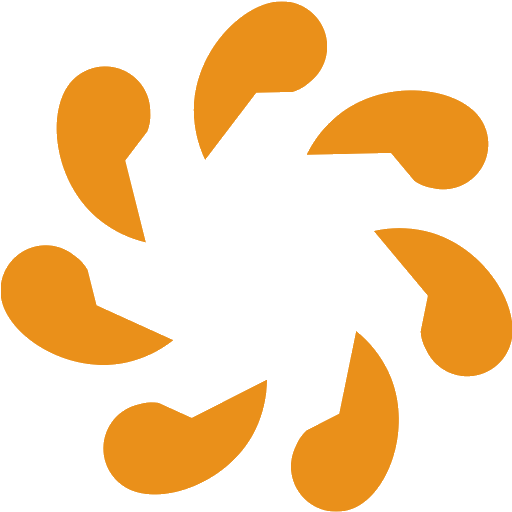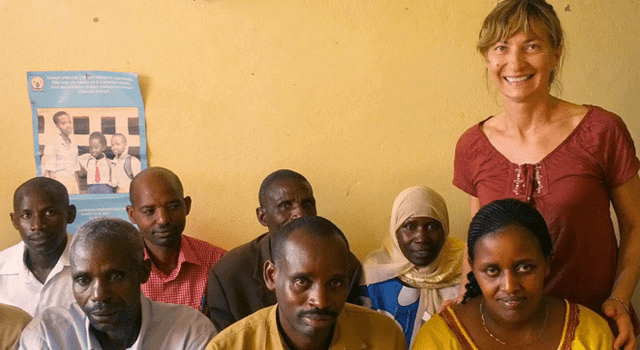
The main lesson is that even a nearly imperceptible deviation from the full inclusion of all relevant parties in every aspect of the project can result in large deviations from the expected outcomes
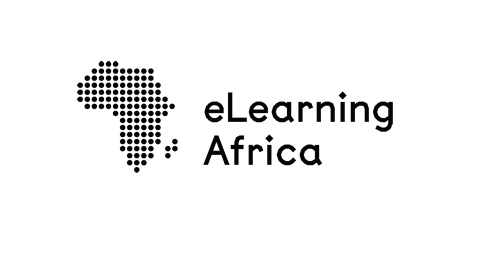
This report, and the survey findings behind it, provides a unique insight into the perspectives of EdTech experts regarding the impact of the Covid-19 pandemic on education in Africa. It is based on the findings of a survey of the eLearning Africa network, which attracted approximately 1650 responses from respondents in 52 countries in Africa.
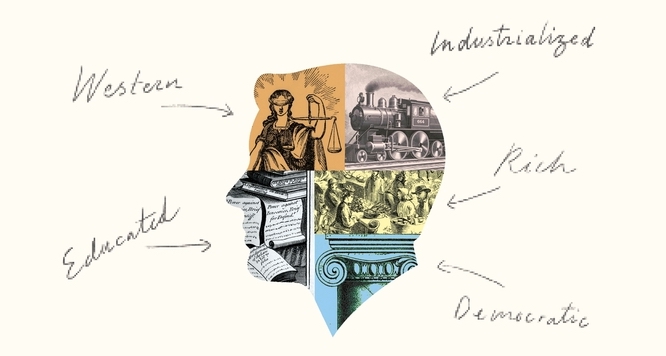
Provocative and engaging in both its broad scope and its surprising details, The WEIRDest People in the World explores how culture, institutions, and psychology shape one another, and explains what this means for both our most personal sense of who we are as individuals and also the large-scale social, political, and economic forces that drive human history.
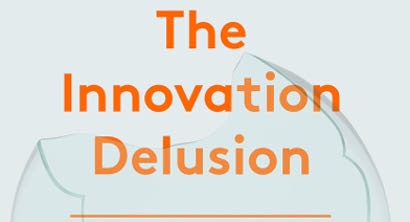
The authors offer a compelling plan for how we can shift our focus away from the pursuit of growth at all costs, and back toward neglected activities like maintenance, care, and upkeep.

Drawing on the ideas of the "slow movement", Slow Computing sets out numerous practical and political means to take back control and counter the more pernicious effects of living digital lives.
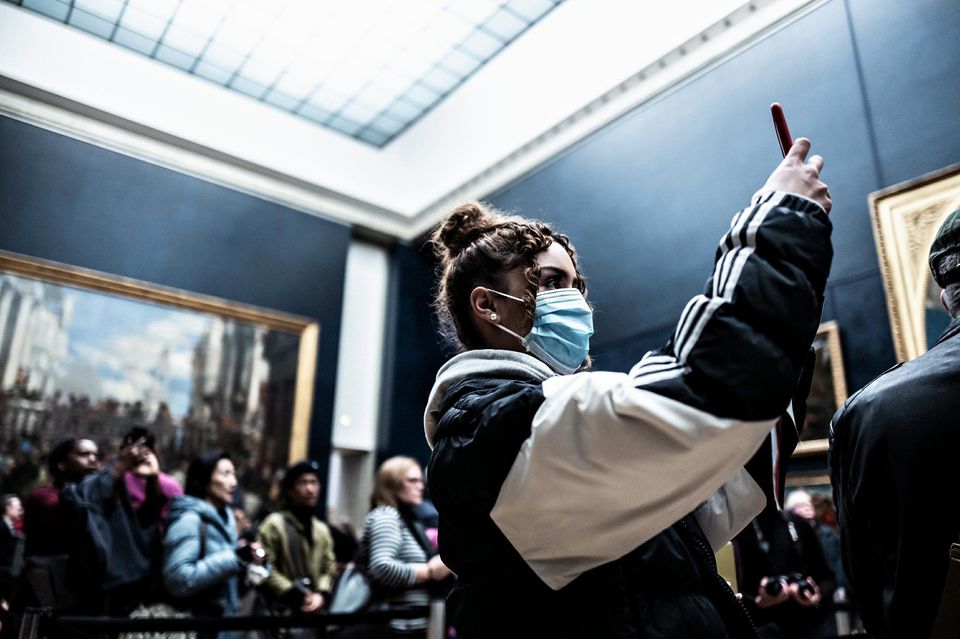
Sur la base d'une enquête de terrain menée Genève, Los Angeles et Tokyo, cet ouvrage aborde la dimension proprement anthropologique du smartphone.
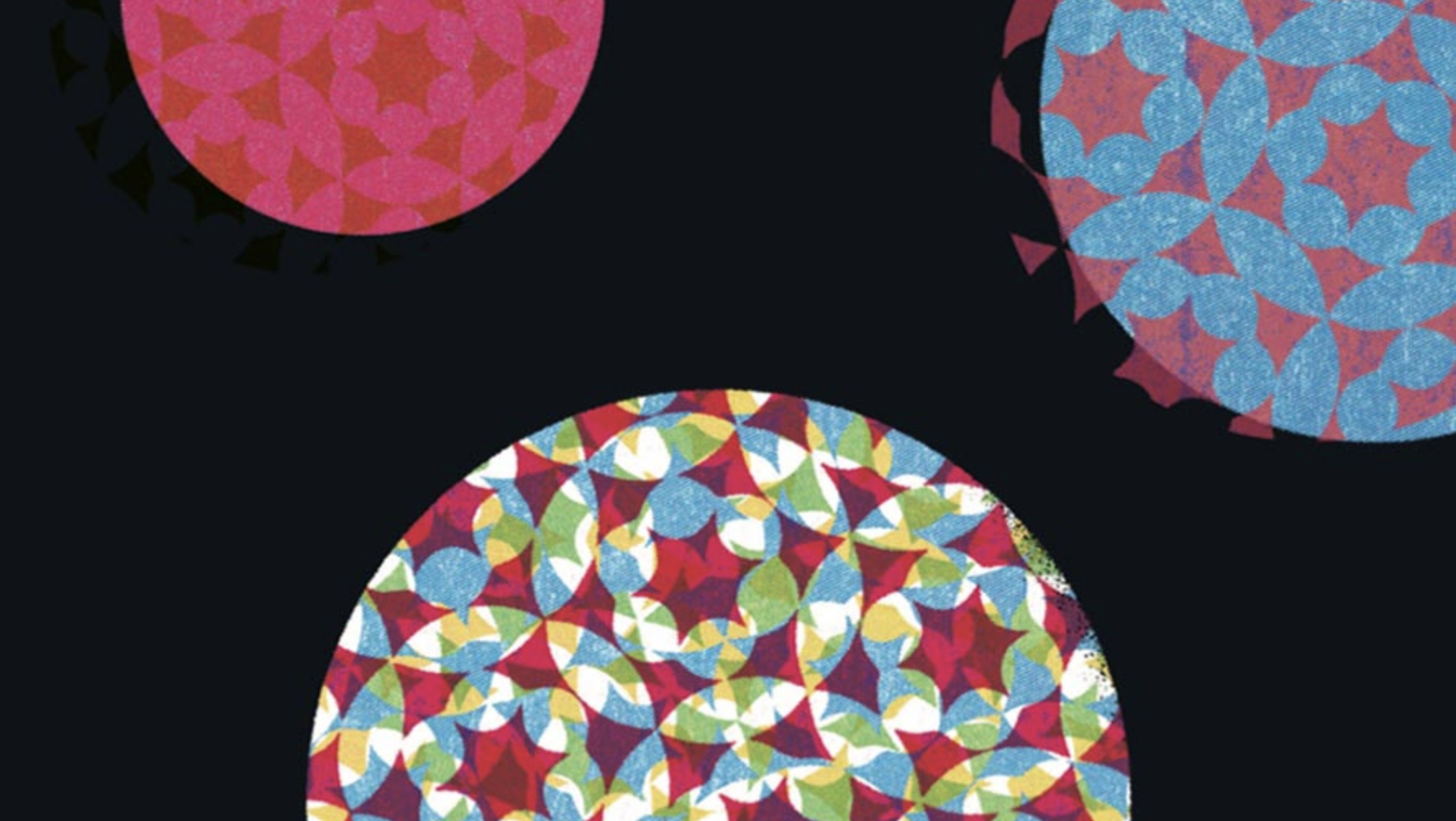
Behavior change design creates entrancing - and effective - products and experiences. Whether you've studied psychology or are new to the field, you can incorporate behavior change principles into your designs to help people achieve meaningful goals, learn and grow, and connect with one another.
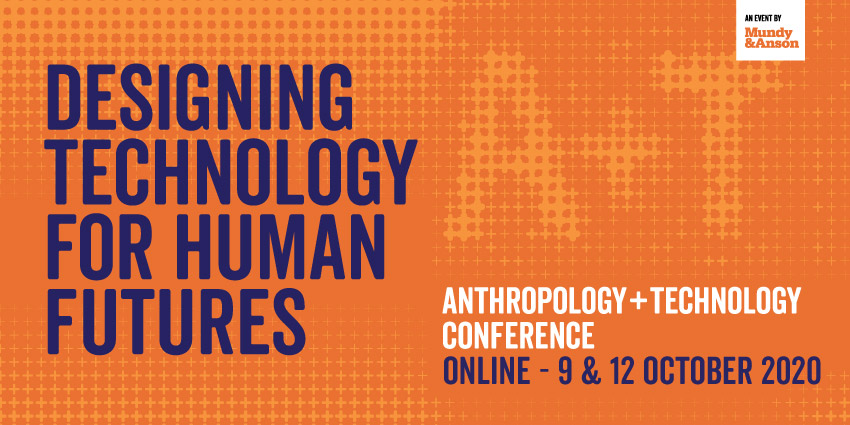
The Anthropology + Technology conference brings together pioneering technologists and social scientists from across the globe. Its aim is to facilitate dialogue on emerging technology projects in order to help businesses benefit from more socially-responsible AI.
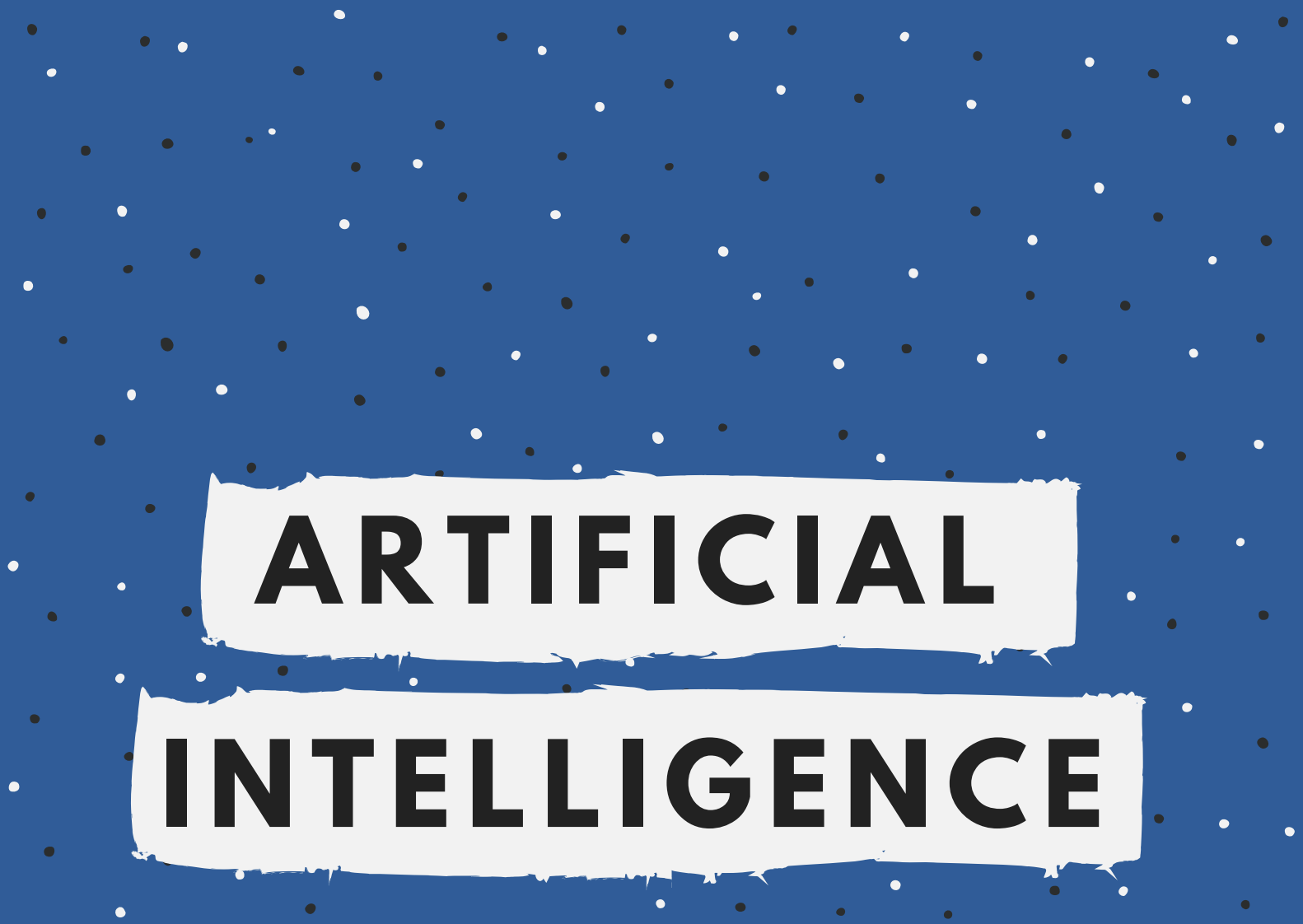
Artificial Intelligence is permeating a wide range of areas and it is bound to transform work and society. This dossier asks what needs to be done politically in order to shape this transformation for the sake of the common good.

The social sciences don't produce much in the way of patentable widgets or, indeed, life-saving vaccines. However, the analysis and insights they generate can and do underpin better-evidenced decisions and help guide and target insights from the "natural" sciences.
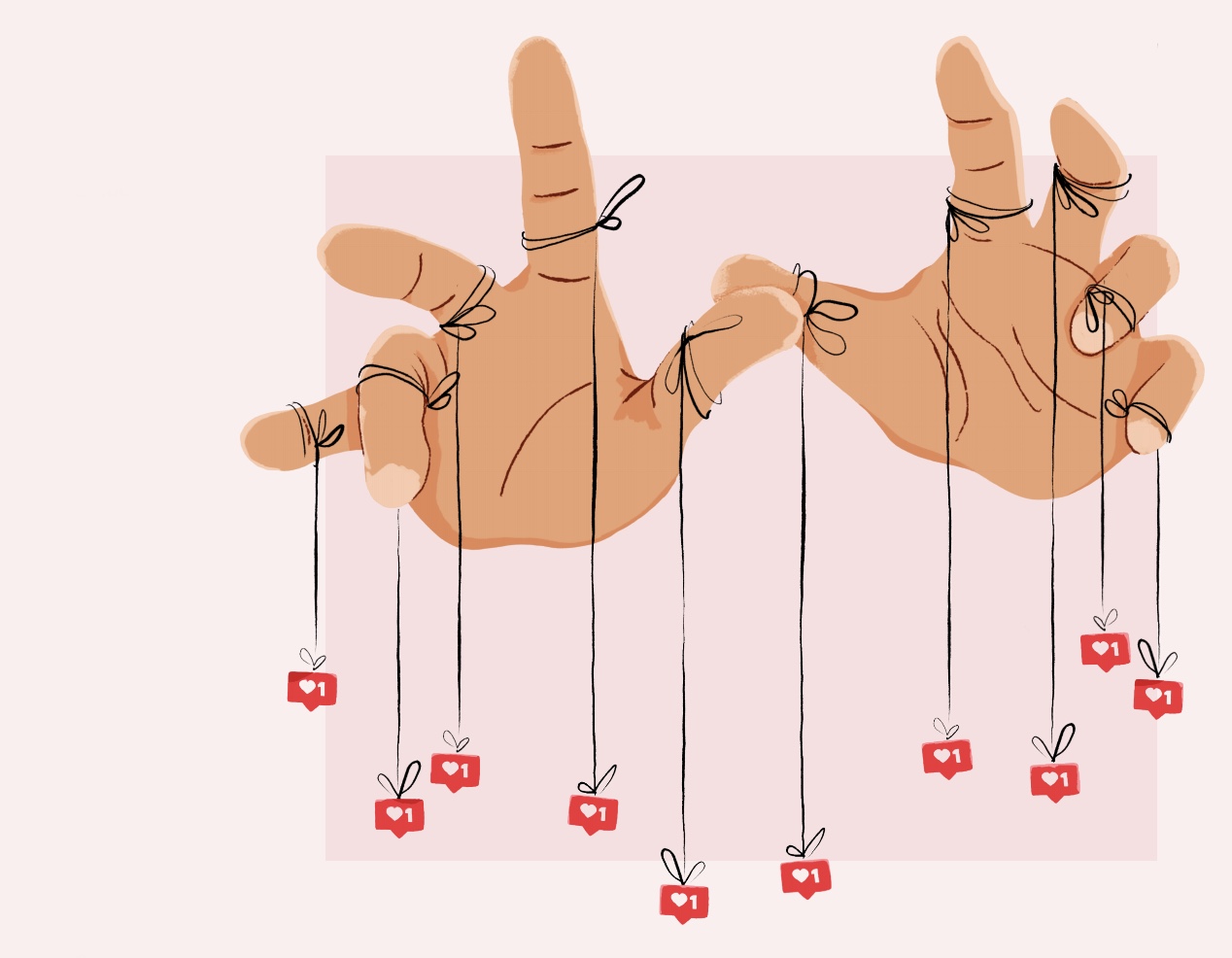
Research has gradually revealed the extent to which online manipulation has been weaponised to affect societies in almost every important way that society works.
Yet while almost everyone is touched in one way or another by online manipulation, only a tiny part of society has generally been involved in confronting it.
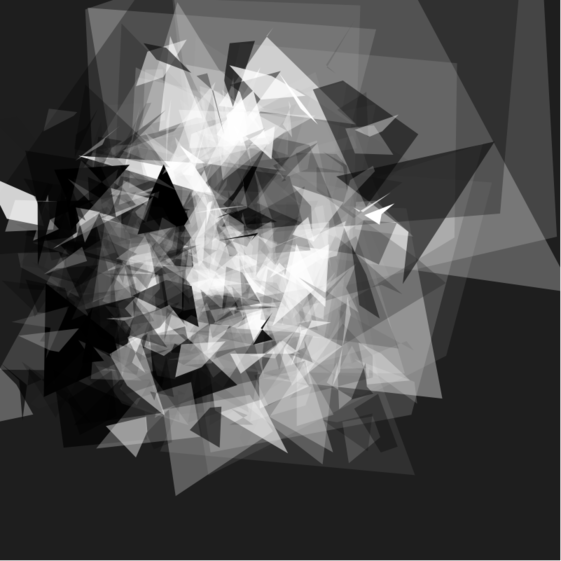
New worlds need new language. TOne of those things to name is what is happening to ourselves and our data proxies. Expanding our language from privacy to personhood enables us to have conversations that enable us to see that our data is us, our data is valuable, and our data is being collected automatically.

While UX designers are trained to be on the side of the user, there are ways that the user experience can be manipulated to be in favor of the "product" in this case, a candidate. UX designer Mary Formanek broke down how this worked in an interview with Salon.

The book explores the future of artificial intelligence (AI) through interviews with AI experts and explores AI history, product examples and failures, and proposes a UX framework to help make AI successful.
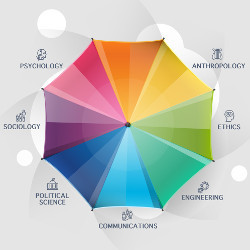
This article argues [that] the well-publicized social ills of computing will not go away simply by integrating ethics instruction or codes of conduct into computing curricula. The remedy to these ills instead lies less in philosophy and more in fields…

Published before global movement drew largely to a halt, before the majority of the earth's human population was shut indoors and before words like "virus" and "pandemic" proliferated, this curated collection is today far more than timely.
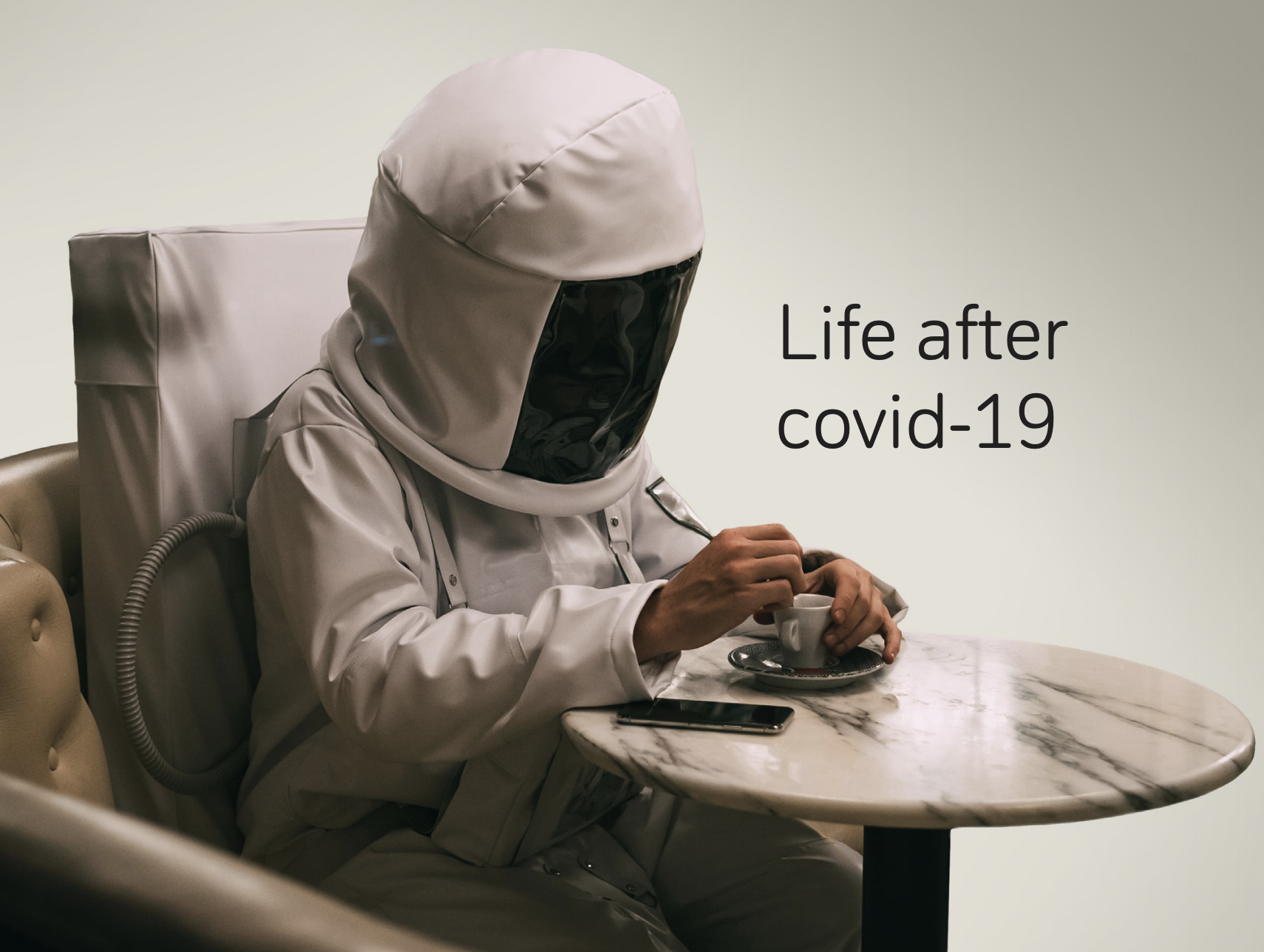
It will take years to recover from covid-19. This edition of Konzept, the online magazine of Deutsche Bank Research, analyses the many different ways in which the world will be different and outlines options to deal with the most difficult challenges our societies and economies now face.

Almost every aspect of society will change after the pandemic, but if we learn lessons then life can be better. Featuring expert authors from across academia and civil society, this book offers ideas that might put us on alternative paths for positive social change.
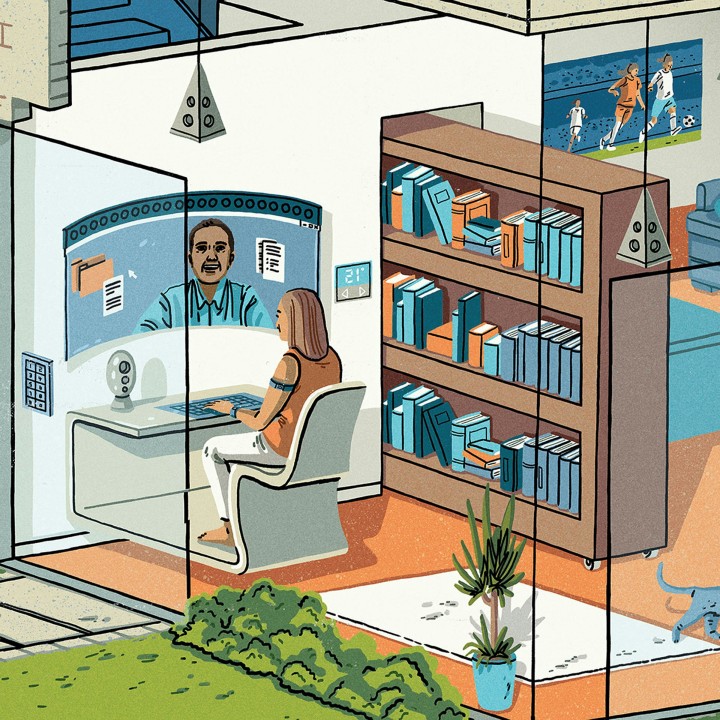
Vitra, the German manufacturing company, published this week a "set of hypotheses" on the future of the home, as living spaces are pushed to the limits.
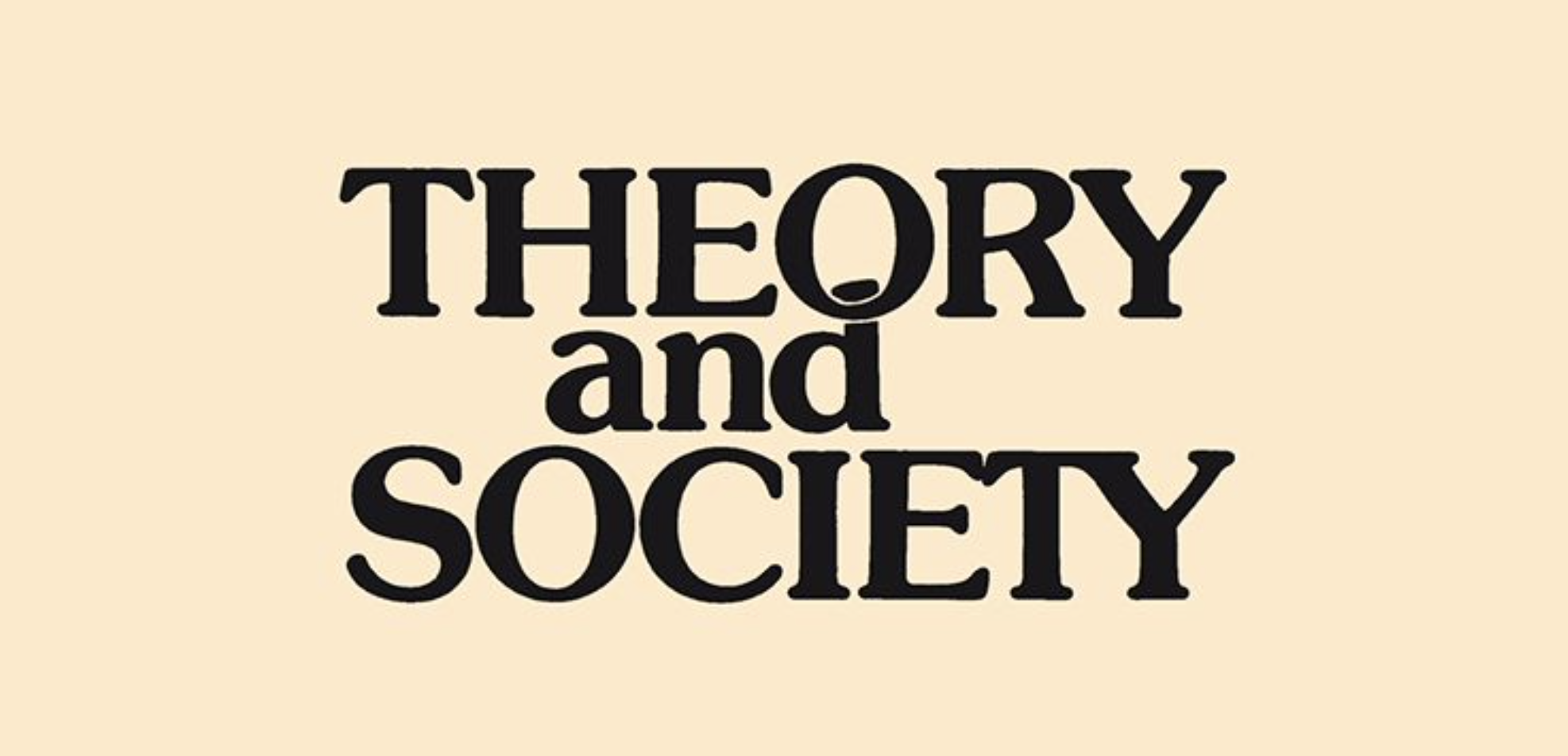
Angèle Christin argues that we can
explicitly enroll algorithms in ethnographic research, which can shed light on unexpected aspects of algorithmic systems - including their opacity. She delineates three mesolevel strategies for algorithmic ethnography.


